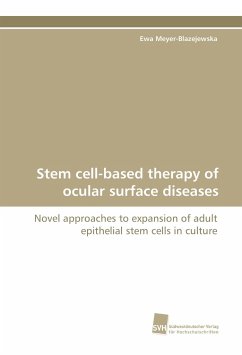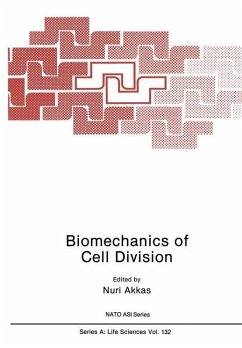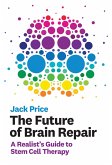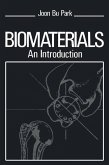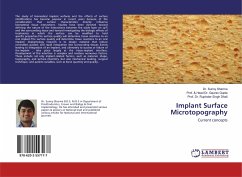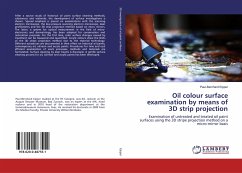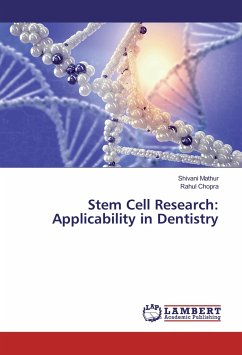One emerging surgical strategy for restoring a normal corneal epithelial surface in patients with limbal stem cell (SC) deficiency is transplantation of ex vivo expanded limbal epithelial SC which represents one of the few adult human SC therapies being currently employed. In unilaterally affected patients, this therapeutic approach commonly involves the harvest of a small limbal biopsy from the patient s contralateral healthy eye followed by cell expansion ex vivo and generation of an epithelial sheet on a transplantable carrier. Although successful restoration of the ocular surface occurs in the early postoperative period, the long-term outcome is less satisfactory, most probably due to depletion of limbal SC in culture. In this work an improved culture protocol was established for isolation, enrichment and preservation of limbal epithelial stem and progenitor cells within transplantable cultivated epithelial cell sheets. Furthermore, the work focused on the examination of hairfollicles as an alternative autologous SC source and developement of a new more promising therapy for patients with bilateral limbal SC deficiency.
Bitte wählen Sie Ihr Anliegen aus.
Rechnungen
Retourenschein anfordern
Bestellstatus
Storno

